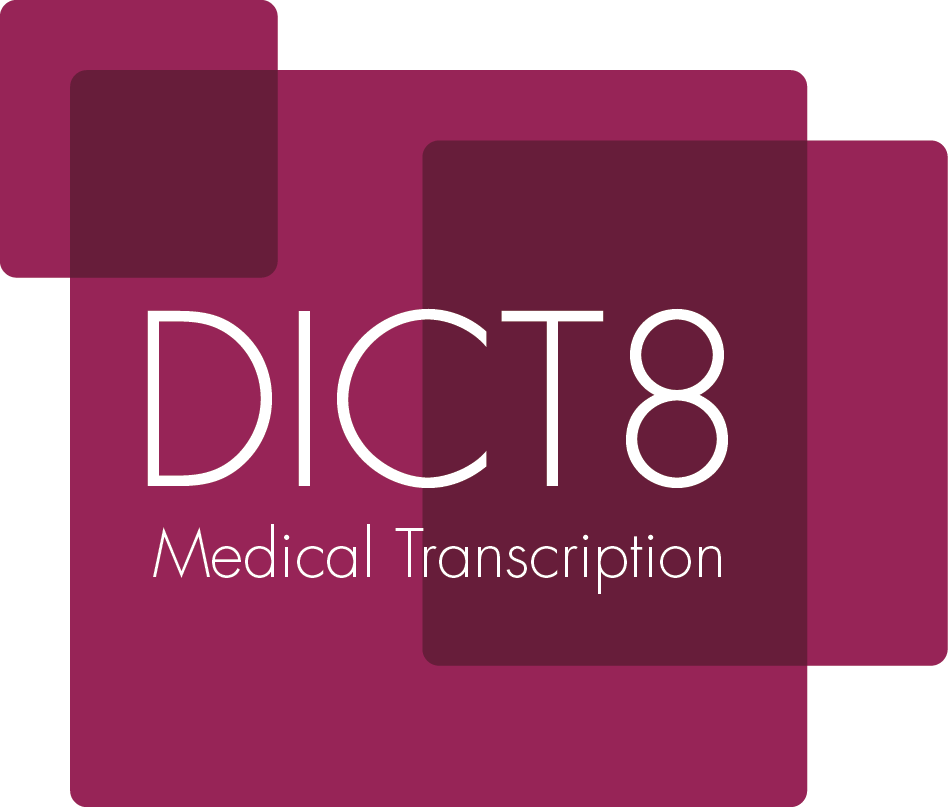Benefits over AI
In theory voice recognition and AI is a great idea: it should enable quick and easy transcription of medical dictation. However there are a number of important benefits that may only be realised by outsourcing work to experienced medical transcriptionists.
First, and foremost, it is a safety issue: the best AI systems have accuracy rates around 95-96%, which is simply not good enough for clinic letters. On top of this AIs (particularly in the case of Ambient transcription AIs) are prone to ‘hallucinations’, where they will add false information and make changes to the transcript.
Medical secretaries often act as safety nets for their clinicians. Doctors make mistakes in their dictation (e.g. dosage and other clinical errors): a human secretary will notice, bring them to the attention of the clinician and correct those, whilst a voice recognition or AI lacks the common sense and contextual understanding to do so.
The grammar and general English used in many medical dictations is poor: whilst human transcribers will endeavor to re-order the letter so that it is clear and easy to understand for the recipient, voice recognition will not be able to do so.
As in all other fields the great advantage that human involvement has over AI and computers is that of common sense! A letter transcribed by a computer program may contain patently absurd phrases whilst a human has the common sense to ensure that the content and context of the transcript make sense.
A key issue with modern Natural Language Processing is lack of reliability and reproducibility in their outputs- there is an interesting paper about this here.
AI systems place an extra workload on the doctors as they are responsible for reading through and correcting their letters, rather than this being done by their secretaries. Where this has occurred in Trusts around the country there has been a reduction in the number of patients that can be seen, as well as the amount of time that can be spent with each one.

